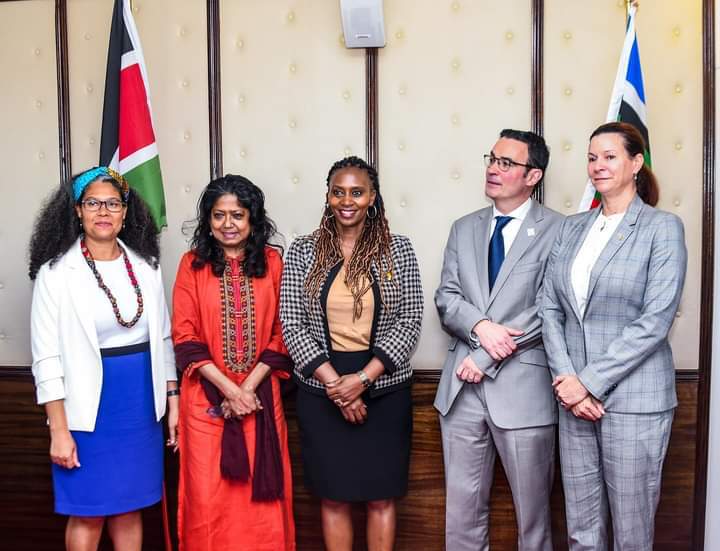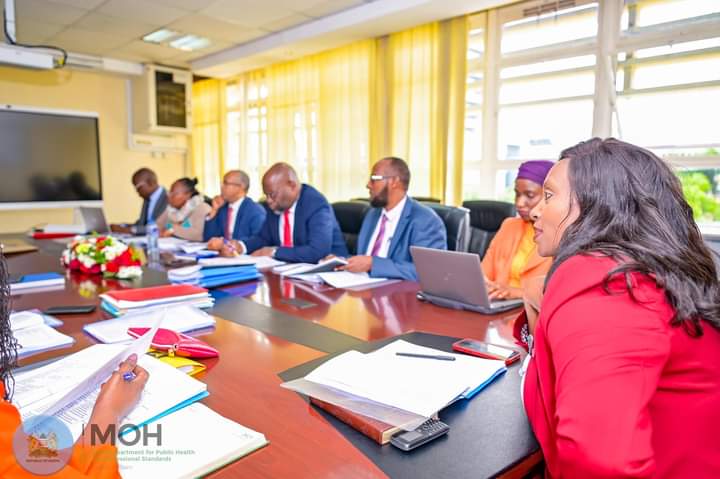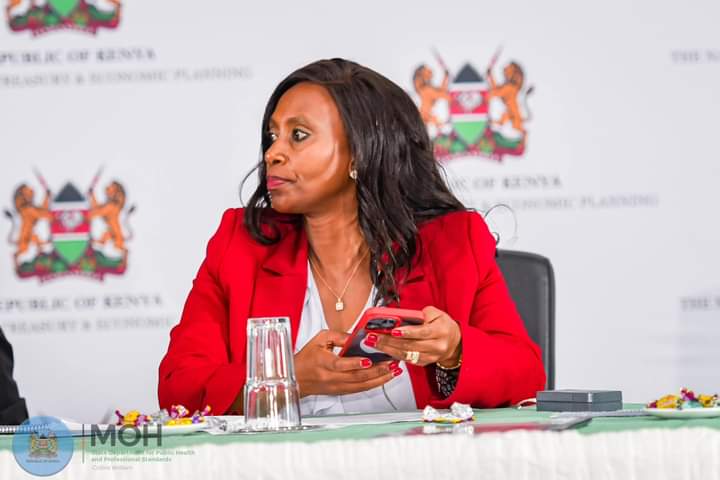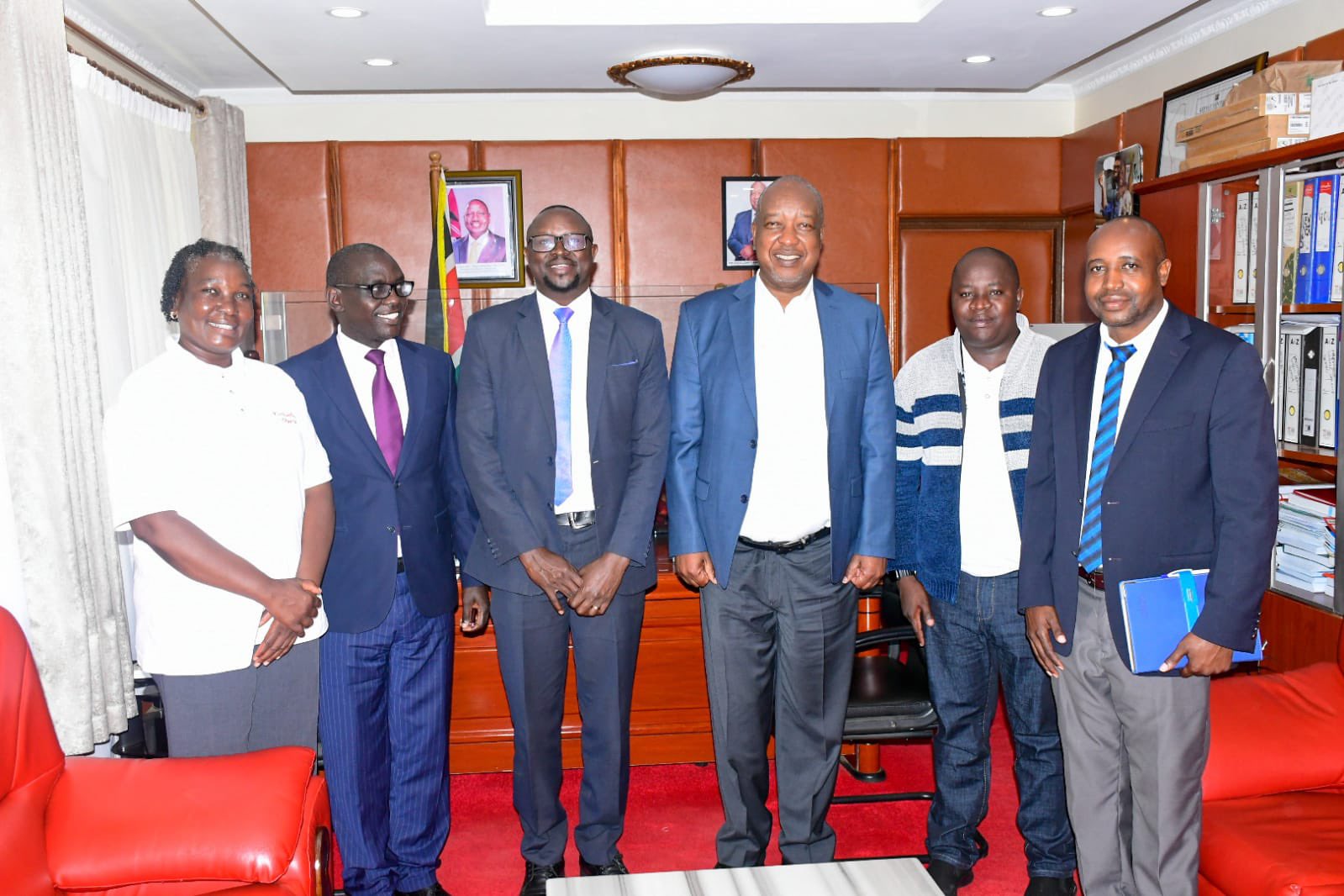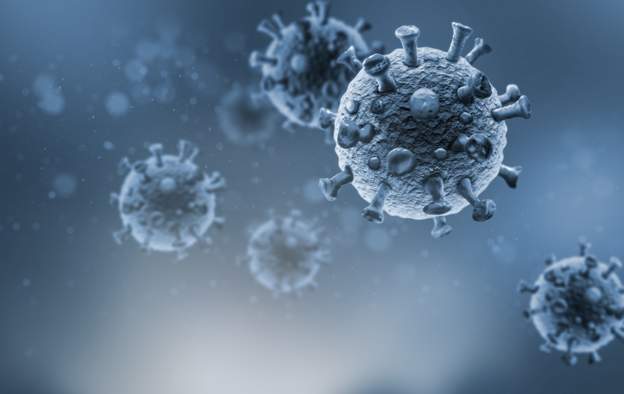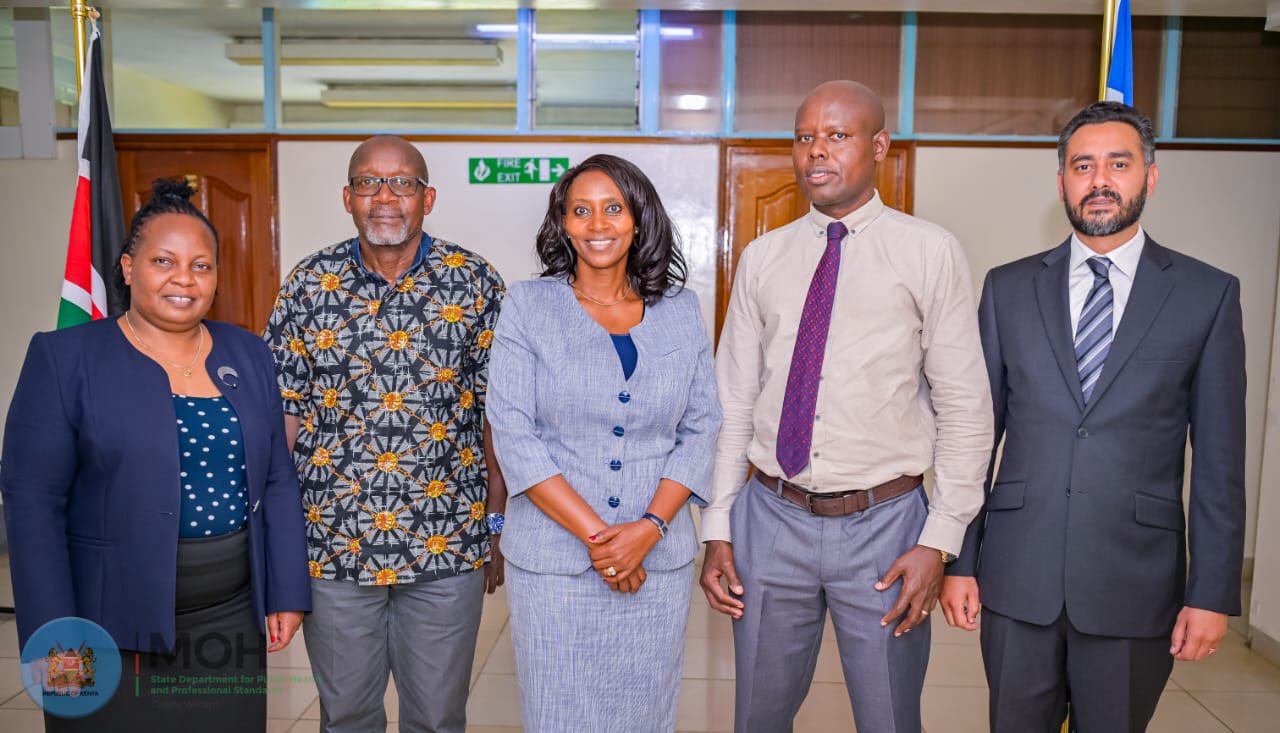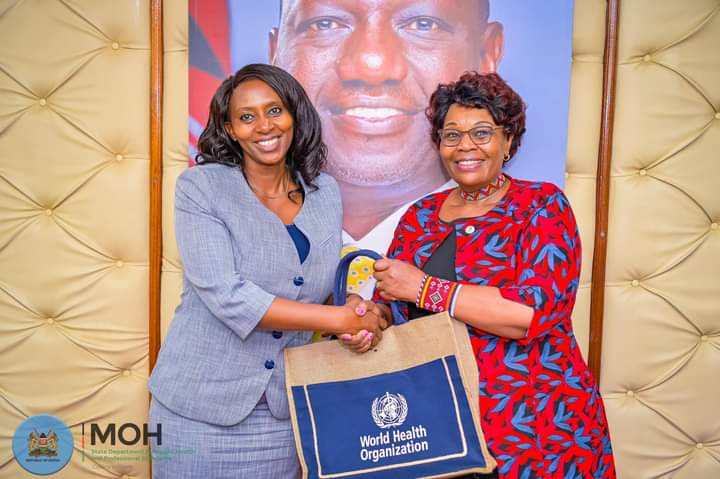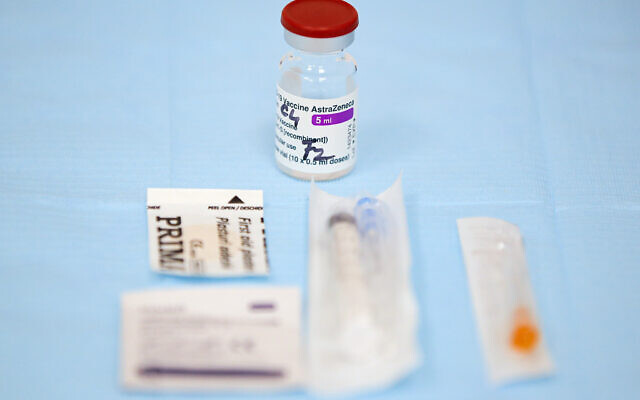
Written By Vanessa Kariuki ||
On Friday, November 18, when Antimicrobial Resistance (AMR) Awareness Week began, the Pharmacy and Poisons Board advised Kenyans to quit self-medicating.
According to the board, using antibiotics without a prescription from a licensed doctor or veterinarian can result in the development of antibiotic resistance.
Antimicrobial resistance (AMR) is a condition in which bacteria, viruses, fungi, and parasites evolve over time and cease to be responsive to antibiotics. This makes infections more difficult to treat and raises the risk of disease transmission, life-threatening illness, and death.
“It is estimated that by the year 2050, about ten (10) million people will die globally as a direct result of drug-resistant infections and the cost of AMR will accumulate to $100 trillion of economic output if we don’t act now,” said Pharmacy and Poisons Board.
It added, “Antimicrobial resistance (AMR) presents a major threat to the health security, food safety, economic growth, and the very existence of humanity not only in Africa but globally as well. We can prevent the dangers of AMR by choosing to use antimicrobials responsibly and with care.”
“Preventing antimicrobial resistance together” is the theme for this year. calls for cooperation between all sectors to maintain the efficacy of these life-saving medications.
The Board advised Kenyans that people may prevent or lessen the spread of illnesses by adopting good hygiene, including as routine handwashing with soap and water and appropriate environmental sanitation.
The Pharmacy and Poisons Board encourages people to participate in and spread the word about World Antimicrobial Awareness Week, which is still going on until November 24.
They also stress the importance of keeping in mind that AMR poses a global threat to people, animals, plants, and the environment. It affects us.




